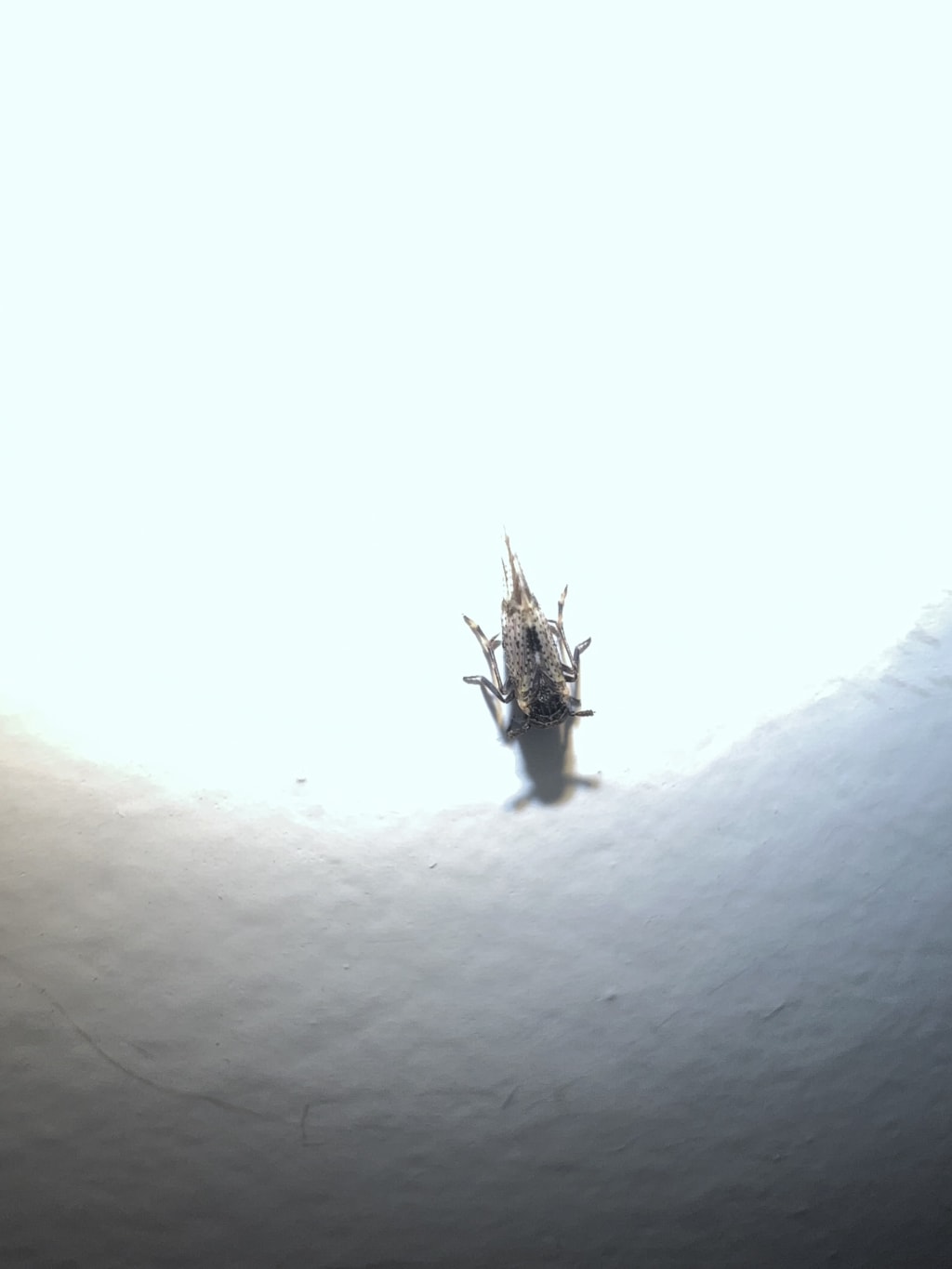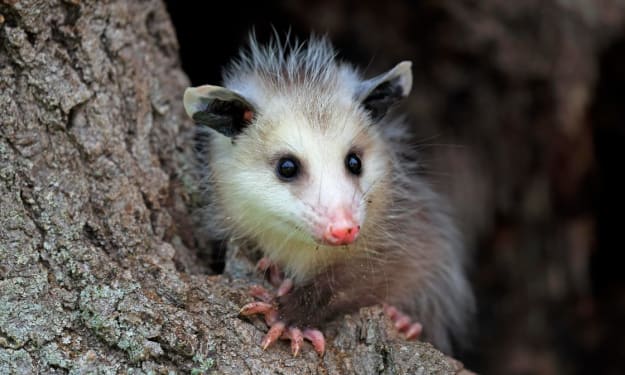HOW DID LIFE BEGIN ON EARTH
Something to know

Nobody knows for sure how life on Earth first appeared, but we do know that at some point, primitive cells in the ocean started using the sun's energy to fuel chemical reactions that gave life. These cells formed a link between the earth and the sun, developing delicate engines that harness the fires of our star using sunlight to turn carbon dioxide and water into food, a process known as photosynthesis
Currently, photosynthesis is a process that's very easy to describe in words. Plants use energy from the sun to react carbon dioxide and water to make sugars and a waste product called oxygen. This reaction is really easy to say, but very difficult to do, as one part of the photosynthetic machinery is made up of 630 atoms that are all working together in an intricate machine. This machinery is what drove the evolution of complexity from primitive bacteria to plants and trees, and ultimately to you and me
Then we eat the plants, or something that has been consumed by plants, and we perform a reverse reaction by taking those sugars and breathing in that waste product oxygen. This reaction releases some energy, or, if you prefer, some of the stored sunlight, which we then use to maintain our structure, grow, and sustain life.
There are several theories, but none have been definitively proven.Here's a simplified overview of the most widely discussed theories:
1 .Abiogenesis (Chemical Evolution): This theory proposes that life originated from simple organic molecules that formed spontaneously from inorganic compounds in the primordial Earth's environment. Over time, these molecules underwent a series of chemical reactions, eventually leading to the formation of more complex molecules like amino acids and nucleotides, the building blocks of proteins and DNA. These molecules then self-organized into primitive self-replicating structures, which eventually evolved into the first living organisms.
2 .Panspermia: Panspermia suggests that life may not have originated on Earth but instead was brought to our planet from elsewhere in the universe, such as through meteorites or comets. This theory posits that life may be more widespread in the cosmos, and the seeds of life were scattered throughout the universe, finding a suitable environment on Earth to flourish.
3 . Hydrothermal Vent Hypothesis: Some scientists propose that life could have begun near hydrothermal vents on the ocean floor. These vents release high-temperature, mineral-rich fluids into the ocean, which could have provided the necessary energy and chemical precursors for life to form.
4. RNA World Hypothesis: This theory suggests that RNA (ribonucleic acid), a molecule similar to DNA, played a central role in the origin of life. RNA is capable of both storing genetic information and catalyzing chemical reactions. It's thought that RNA molecules with self-replicating properties could have emerged and served as the first genetic material.
5. Clay Hypothesis: Some researchers propose that complex organic molecules could have formed on the surfaces of mineral clay particles. These molecules may have acted as precursors to life, facilitating the formation of more complex organic compounds.
It's important to note that these hypotheses are not mutually exclusive, and the actual process of life's origin could involve a combination of these and other factors. The origin of life on Earth remains a subject of ongoing scientific research and exploration, and new discoveries continue to shape our understanding of this complex and fascinating topic.
It's important to note that none of these theories has been definitively proven, and the origin of life remains one of the most profound and challenging questions in science. Researchers continue to conduct experiments, study extremophiles (organisms that thrive in extreme environments), and explore early Earth conditions to gain insights into how life might have begun. The exact sequence of events that led to the emergence of life on Earth remains an active area of scientific investigation and discovery.





Comments
There are no comments for this story
Be the first to respond and start the conversation.